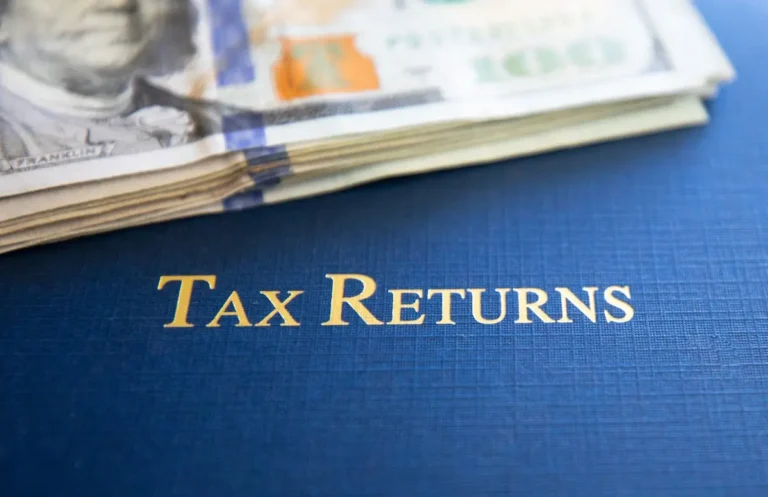New IRS Regulation Sets Rules for Supervisory Approval of Penalties
The Internal Revenue Service (IRS) has announced a new regulation that outlines rules for supervisory approval of penalties. This regulation, published in the Federal Register on April 11, 2023, is intended to provide clearer guidance and transparency for both IRS personnel and taxpayers.
The regulation, titled “Rules for Supervisory Approval of Penalties,” is designed to clarify and streamline the process of obtaining supervisory approval for penalties under Internal Revenue Code sections 6651(a)(1), 6651(a)(2), 6654, and 6655. These sections relate to penalties for failure to file tax returns or pay taxes, as well as penalties for underpayment of estimated tax by individuals, estates, and trusts.
Under this new regulation, the IRS emphasizes the importance of obtaining written supervisory approval for the imposition of penalties. The regulation outlines specific procedures and conditions for obtaining such approval, including the requirement that approval is granted before the IRS communicates with taxpayers regarding the proposed penalty. By establishing clear rules for supervisory approval, the IRS aims to improve consistency in the application of penalties and ensure that taxpayers are treated fairly.
One significant change introduced by this regulation is the clarification of what constitutes a “communication” between the IRS and taxpayers. Under the new rules, communication is defined as “any correspondence, including letters, notices, or telephone calls, that provides information to the taxpayer regarding the potential imposition of a penalty.” This definition is intended to eliminate confusion and ensure that supervisory approval is sought and obtained at the appropriate time.
Furthermore, the regulation highlights the importance of documenting supervisory approval. The IRS will now require that written supervisory approval be maintained in the case file, along with an explanation of the reasoning behind the penalty decision. This documentation will serve as evidence of proper approval and promote transparency for both the IRS and taxpayers.
This new regulation comes after a period of public comment and feedback from both IRS personnel and taxpayers. The IRS has taken this feedback into account when finalizing the regulation to ensure that it addresses the concerns and needs of all parties involved.
In summary, the “Rules for Supervisory Approval of Penalties” regulation seeks to provide clearer guidance and greater transparency for the IRS and taxpayers when it comes to penalty imposition. By clarifying communication requirements, streamlining the approval process, and emphasizing documentation, the regulation aims to promote consistency and fairness in the application of penalties.
If you need assistance with unfiled tax returns, The Tax Defenders are here to help. With our team of experienced tax attorneys, we can guide you through the process and ensure your returns are filed accurately and in compliance with IRS requirements. Call us today at (312) 345-5440 for a free attorney consultation and take the first step toward resolving your unfiled tax returns.






